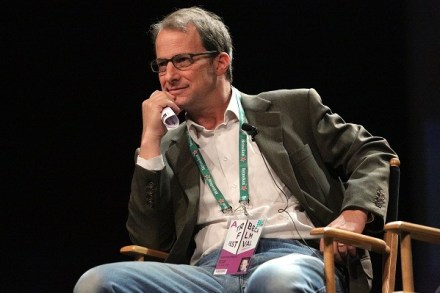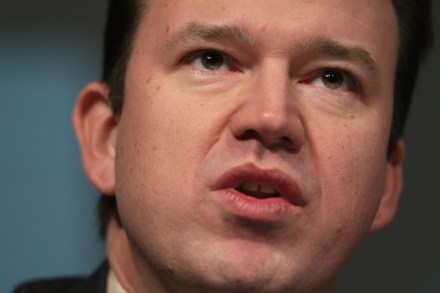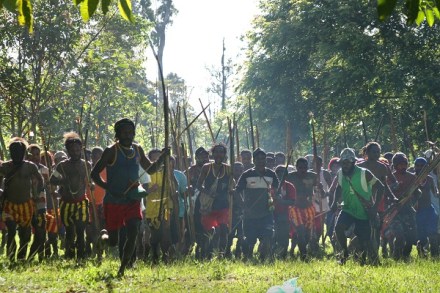Jonathan Powell interview: middle-man to the terrorists says ‘secret talks are necessary’
Jonathan Powell is a British diplomat who served as Tony Blair’s chief of staff from 1997 to 2007. During this period, he was also Britain’s chief negotiator for Northern Ireland. These days, Powell runs a charity called Inter Mediate, which works as a go-between among terrorist organizations and governments around the globe. David Cameron appointed




















